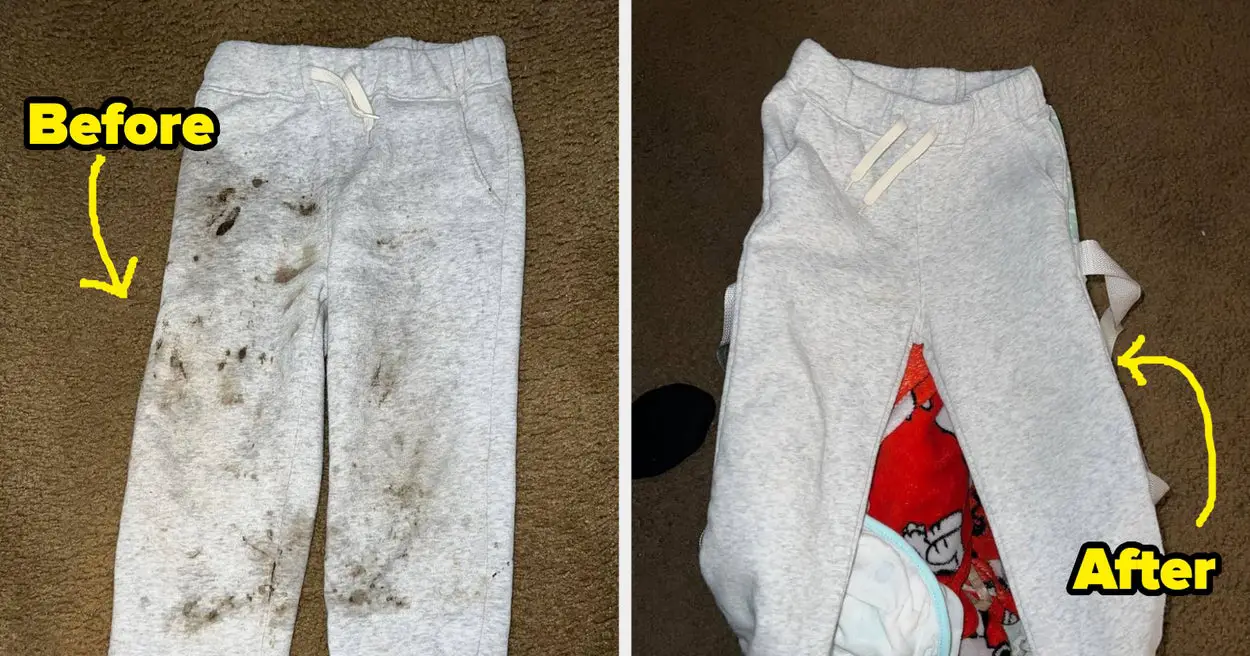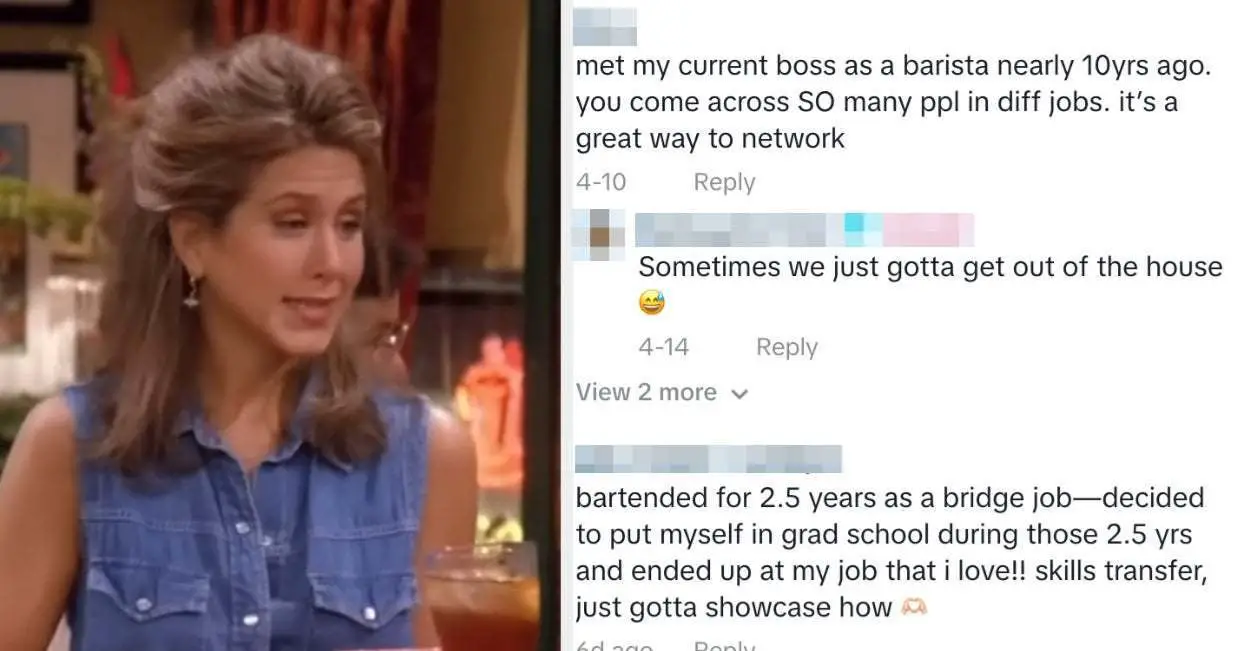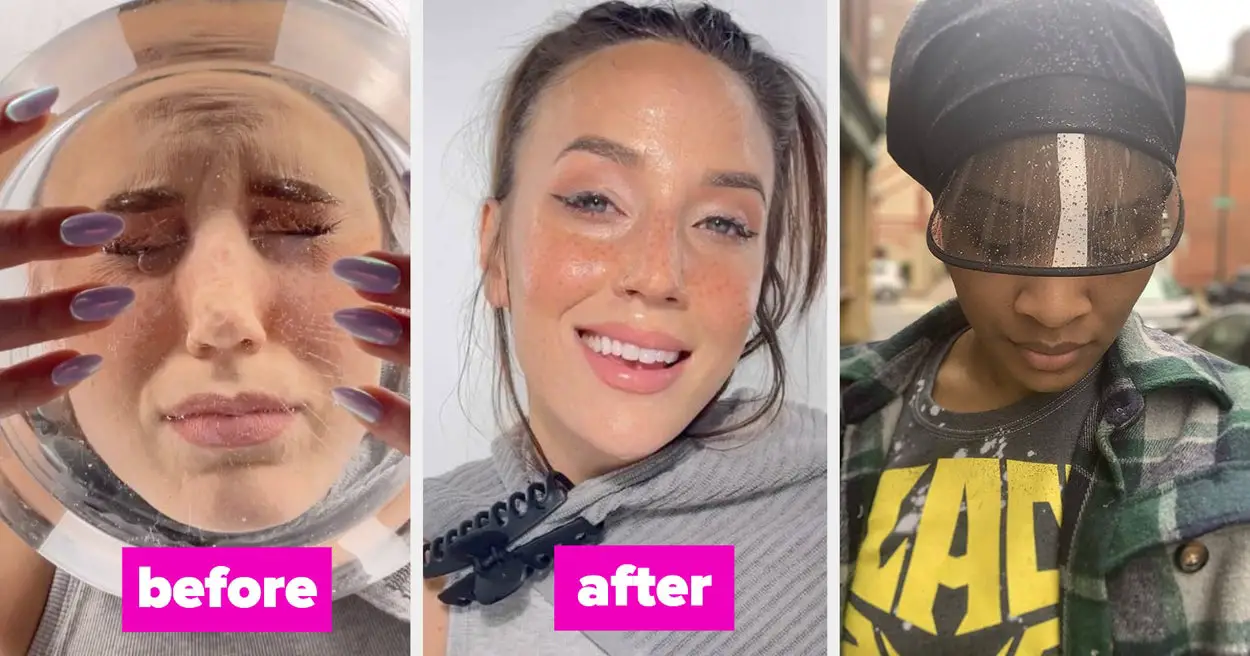from the don’t-fuck-with-the-adult-content-industry dept
Last week, Utah’s “porn license” age verification law went into effect, and the largest (by far) adult content company on the internet, Mindgeek (which runs Pornhub and a bunch of other sites), had all of its sites go dark for any Utah-based IP address. If someone visited from those sites, they got a video explaining how Utah’s new law was unworkable, and suggested that those Utah residents call their elected officials to complain about the unworkable law.
The move appeared to take Utah’s elected officials by surprise. While Governor Spencer Cox seemed to be happy that Pornhub was no longer available in the state, saying “I fully support Pornhub’s decision to remove their content in Utah,” the bill’s original sponsor, Utah state Senator Todd Weiler, seemed much more taken aback, given that he seemed to send a totally different statement to half a dozen media organizations.
He told Ars Technica that he was surprised at the decision:
“When I ran the legislation last February, I did not expect adult porn sites to be blocked in Utah,” Weiler told Ars. “Not at all.”
When talking to the local Salt Lake City TV affiliate Fox13, he took a more befuddled stance:
“They are complying with LA’s law, which is essentially the same. So I expect they will eventually comply with Utah’s as well,” he wrote.
With the LA Times, he took a more defiant stance:
“I think this is a strategy,” he said. “They’re going to try to put the pressure on me and other legislators to repeal this, and I don’t think that’s going to work.”
I mean, we’ll see what happens when angry, pornless, Utah residents start taking out their feelings on this, I guess.
Of course, in that same interview he said:
Weiler, a Republican, said the law is similar to others that require age verification to purchase alcohol, cigarettes or vaping products. It doesn’t prevent adults from viewing pornography but instead mandates they first confirm their age, he added.
I mean, the problem here is that you don’t have to be a constitutional scholar to recognize that purchasing alcohol, cigarettes, or vaping products… is not about speech. Whereas accessing information online is. Trying to compare one to the other is not just ridiculous, it’s legally stupid.
And, now, it appears Utah will have to try to defend this nonsensical stance in court. The Free Speech Coalition, the trade group for the adult entertainment industry, followed up the Pornhub blocking… by suing the state over the law. It kicks off the complaint with an exasperated sigh:
Here we are again. After numerous federal court decisions invalidating as unconstitutional state and federal laws seeking to regulate or ban the publication of material harmful to minors on the internet, the Utah legislature has tried once more. The new law (“the Act”) places substantial burdens on Plaintiff website operators, content creators, and countless others who use the internet by requiring websites to age-verify every internet user before providing access to non-obscene material that meets the State’s murky definition of “material harmful to minors.”
The arguments are fairly clear and straightforward as well:
The Act violates the First Amendment in several respects. First, it imposes a content-based restriction on protected speech that requires narrow tailoring to serve a compelling state interest, yet it does not substantially accomplish its stated purpose of protecting minors from so-called “harmful” material that they may easily obtain from other sources and via other means. Second, compelling providers of online content to place an age-verification content wall over their entire websites unconstitutionally labels them as “adult businesses,” with all the negative implications and ramifications that follow. And third, by requiring the use of some particularized approval method as a condition to providing protected expression, the Act operates as a presumptively-unconstitutional prior restraint on speech.
The Act violates the Fourteenth Amendment in myriad ways, too. First, because it fails to provide a person of ordinary intelligence fair notice of to whom the Act applies, what is required, and what is prohibited, the Act is thus impermissibly vague, violating the procedural component of the Due Process Clause. Second, the Act intrudes upon fundamental liberty and privacy rights without being properly tailored to serve the government’s interest, thus violating the substantive component of the Due Process Clause. Third, the Act’s exemption of certain news organizations draws impermissible content-based distinctions among persons engaged in free speech, violating the Equal Protection Clause.
The Act also significantly burdens interstate commerce by restricting the ability of providers of online content to communicate with Utah residents. This burden is clearly excessive in comparison to the limited local benefit provided by the Act and the availability of less restrictive alternative means of protecting children from erotic content.
Finally, by treating website operators as the publishers of material hosted on their websites but produced by other content providers, the Act stands in direct conflict with 47 U.S.C. § 230 (“Section 230”) and is therefore preempted by that supreme federal law.
States all across the country, red and blue, are trying to pass laws that attack internet freedoms. And all they seem to be doing is wasting taxpayer dollars to learn how the 1st Amendment actually works.
Filed Under: 1st amendment, adult content, age verification, due process, porn, section 230, utah
Companies: free speech coalition, mindgeek, pornhub
Source link










Leave a Reply